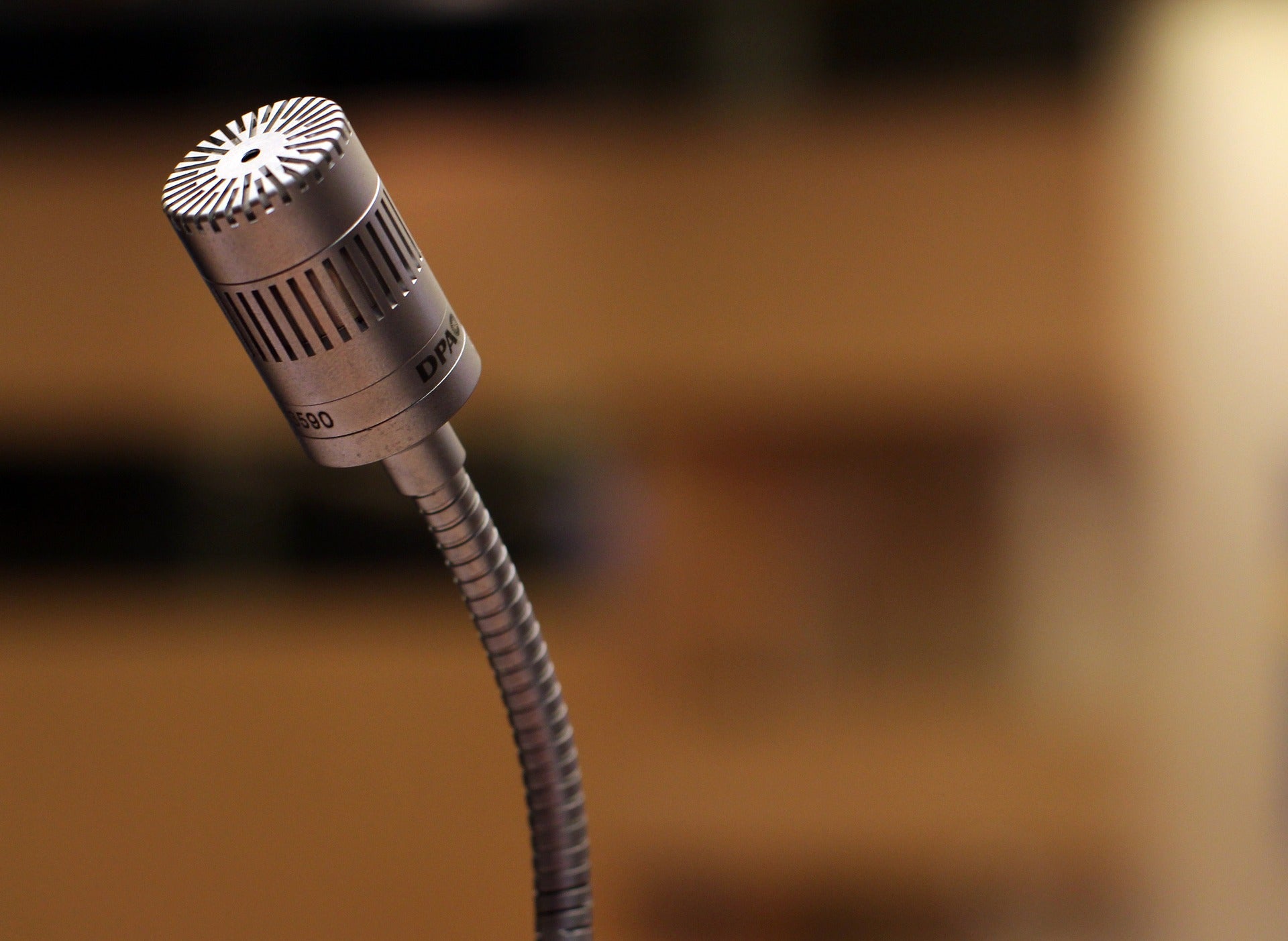Boyle Board of Ed reviews new drug-testing policy
Published 8:28 pm Friday, May 10, 2019
The Boyle County Board of Education reviewed protocols for the new drug-testing policy it is enacting next school year Thursday night.
The protocols set out the specifics for what kinds of drugs will be tested for, how urine samples will be collected from the students randomly selected for testing and what punishments students who test positive will face.
Superintendent Mike LaFavers said it’s been a long process to get to this point, but if the board approves a recommendation next week to contract with Premier Integrity Solutions to conduct the testing at an estimated cost of $8,400, “then it’s just about implementation.”
“I’m really impressed with (district health director) Pam (Tamme)’s leadership on this,” LaFavers said, commending Tamme for her attention to detail and hard work guiding development of the policy. “It’s been quite the undertaking — no doubt about it — but it’s going to be very beneficial to our students.”
Tamme said every school district she contacted that is already subjecting students to random drug tests told her “this was the best thing we did in a long time” because they believe the drug-testing is reducing drug use among students.
Highlights of the protocols reviewed Thursday include:
• Students and their parents will be required to sign a consent form to be in a pool of names to be selected at random for drug-testing “prior to trying out for or joining an extracurricular team or activity … or prior to being authorized to drive or park on school property.”
• Students selected for drug tests will have their urine tested for alcohol, amphetamines, marijuana, cocaine, opiates, PCP, benzodiazepine, propoxyphene, methadone, “performance enhancing substances” and “other illegal or controlled substances.” The tests “may not be limited” to those substances.
• At least 30 students will be tested every year of the school year and the board of education will be required to pay for the tests.
• If a student tests positive, the drug testing company’s medical review officer will contact the student’s parents for an interview “verifying the student’s medical history” and confirm any prescriptions with a doctor or pharmacist. Confirmed positive drug tests will be sent to school officials and the student will then be subjected to drug tests every month of the school year for 12 months. The student will be required to attend six drug counseling sessions either in-school at the school’s expense or outside of school at the parents’ expense; and the parents will be required to attend at least three of the sessions.
• A second positive drug test results in another year of mandatory monthly drug tests and six more counseling sessions. The student would also be prohibited from participating in “20 percent of all current activities in which the student is a participant.” Students in clubs or on athletic teams would have to not participate in 20 percent of meetings and games; students who drive to school would have to get to school another way for 20 percent of the school days over the next 12 months.
• A third positive drug test would require a meeting between school administrators, the student and parents “to address ways to support the student’s wellbeing as a result of the student having tested positive for drug use on three occasions.” The student would be barred from extracurricular activities and driving to school for 12 months. The student could not participate again until they pass another drug test, receive an assessment from a substance abuse mental health professional and complete “any resulting individual recommendations for treatment at the parent or guardian’s expense.” The student would also then be subject to another year of mandatory drug tests.
• A fourth positive drug test would result in another meeting with administrators and a permanent ban on participating in extracurricular activities or driving for the remainder of the student’s enrollment in the district.
• Violations would stack over all years a student is subject to random drug tests, which begin in sixth grade and go through the senior year of high school.
• Any student or parent can contest a positive drug test result within 72 hours of receiving written notice of the positive result. “The student and parent shall be entitled to present any evidence they desire to defend the charge of violation of this policy prior to implementation of sanctions. The principal may require written documentation (such as a doctor’s statement) of any evidence the student may wish to present that the student feels may have affected the test results … Upon request by the student’s parents or legal guardians, further laboratory analysis shall be conducted with the student’s remaining urine specimen preserved by the testing laboratory at the student’s expense. … The final determination of the student’s eligibility shall be made at the school level by the principal.”
• Any student who refuses to participate in a drug test will be treated as if they had a positive drug test.
• Records concerning a student’s drug tests will be kept until one year after the student turns 18 or one year after the student’s graduation, whichever is later; or one year after the student transfers out of the district. “At no time shall these results or records be placed in the student’s academic file or be voluntarily turned over to any law enforcement agency.”







